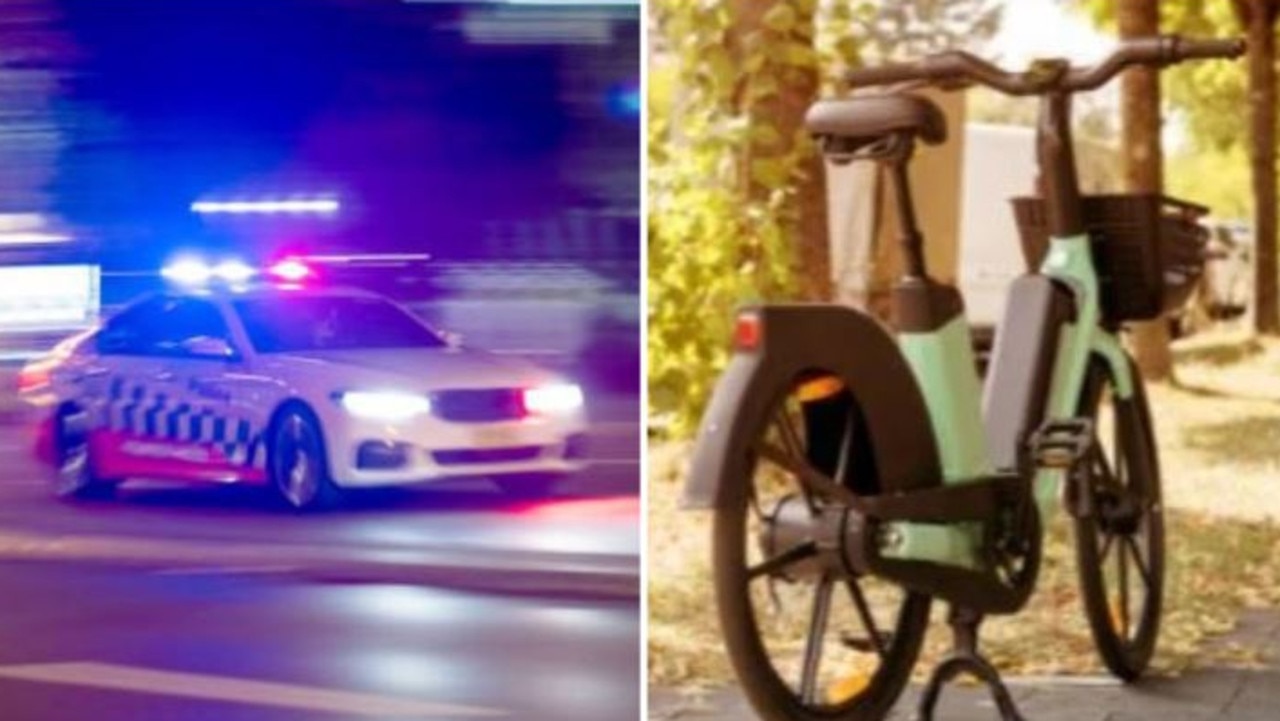Familial DNA collection program coming to regional NSW
Family members of long-term missing people are being encouraged to provide a DNA sample at a pop-up collection centre in Dubbo next week, in the hope it will lead to answers. Find out how it works.
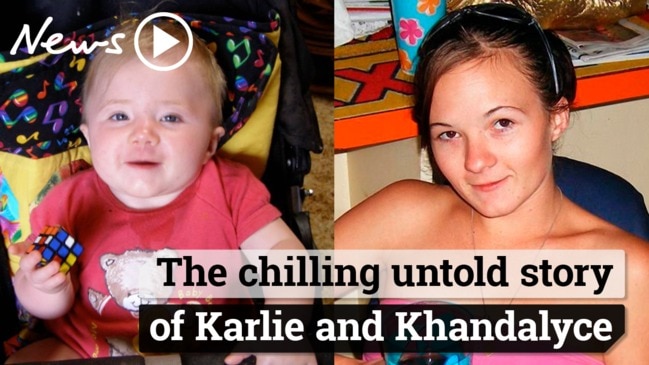
Dubbo News
Don't miss out on the headlines from Dubbo News. Followed categories will be added to My News.
Family members of long-term missing people are being encouraged to provide a DNA sample at a pop-up collection centre in Dubbo on July 1 as part of a program to assist detectives with historic investigations.
The familial DNA collection program, which in the past has led to cold case homicides and missing persons cases being solved, will also visit other regional areas next week including Bourke and Broken Hill.
It comes as more than 100 biological relatives of long-term missing people visited pop-up collection centres at Coffs Harbour, Port Macquarie, Nowra and Merimbula last year.
Those who are interested are asked to provide their DNA sample via buccal swap (inside of the cheek), which is then compared against profiles of all unidentified bodies and human remains on hand in NSW.
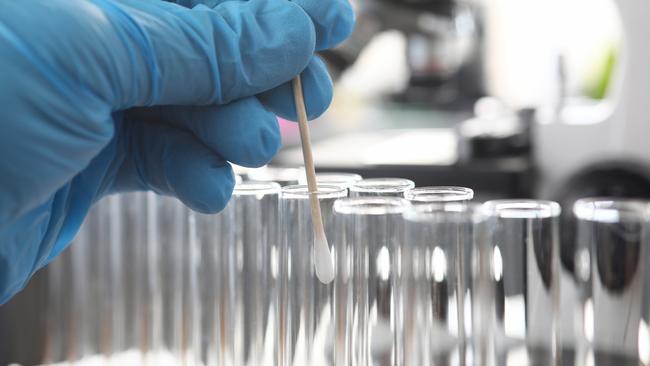
One of the investigators instrumental in the eventual arrest of the Golden State Killer aka Joseph James DeAngelo Jnr, said today’s forensic technology would’ve stopped him in his tracks.
DeAngelo, who for 13 years beginning in 1973, burgled more than 120 homes, sexually assaulted 50 women and murdered at least 13 victims in an escalating reign of terror that had communities on edge in California.
While Paul Holes and his team did not have all the pieces to use traditional DNA matching, they did use samples that had been collected from the crime scenes and fed them into a commercial genealogy website called GEDmatch.
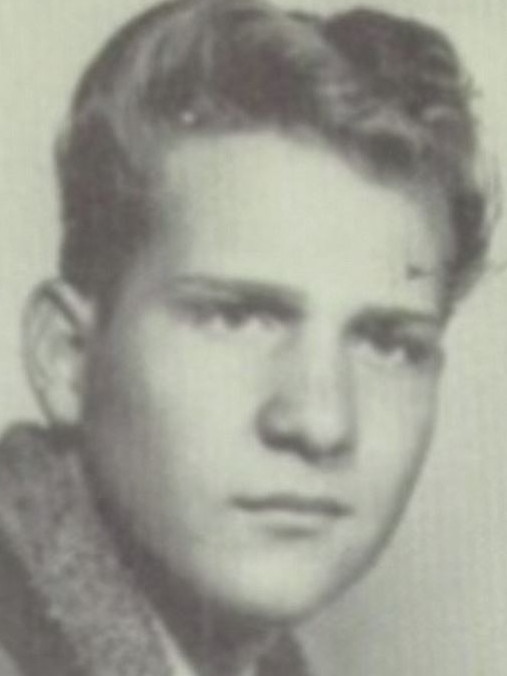
After finding a profile that shared just a small amount of DNA with the criminal, they slowly but surely traced that person’s descendants using traditional investigative techniques and hoped for a match against a huge list of potential suspects that had grown since the initial attacks.
Eventually they stumbled on to DeAngelo’s name, and with traditional DNA testing, confirmed it was him, leading to his arrest 40 years later in 2018.
An Australian historic case, which was reopened in February of this year, led to a man missing for 45 years to finally being identified and laid to rest, thanks to the power of DNA testing.
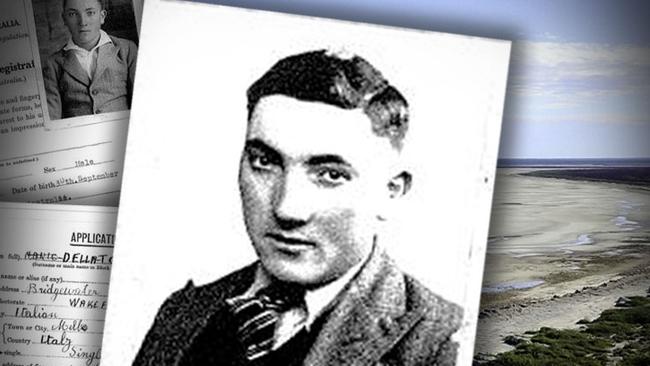
Mario Della Torre was an 54-year-old living and working in Whyalla in October 1976 when he disappeared without a trace.
The labourer was reported missing by his family and a year later on a beach north of Whyalla, a human skull was found in the sand and later further remains.
When the case was reopened by Deputy Coroner Anthony Schapel this year, the bones were re-examined after being stored at Forensic Science SA and DNA testing from a buccal swab given by his brother revealed the remains as those of Mr Della Torre.
More recently in February, the modern forensic technology helped crack the high-profile case of Melissa Caddick’s disappearance with the discovery of her unique sneaker containing a decomposed foot.

The particular type and size of sneaker matched that worn by Caddick in footage taken by the corporate regulator ASIC when she was raided by federal police in her Dover Heights home the day before she vanished in November of last year.
Forensic testing confirmed the shoe matched with a DNA swab taken from Caddick’s toothbrush and her relatives.
Deputy Premier and Minister for Police, Paul Toole, said the program was an example of the ongoing commitment of police to reach an outcome in unsolved cases.
“This is a simple, quick action that can result in a lifetime of closure for someone who has lost a loved one and spent years asking why,” Mr Toole said.
“Police are using every avenue available to them so they can give these families the answers they deserve.”
Family members may also be interviewed about further missing details that could help police identify the person, according to Missing Persons Registry (MPR) Commander, Detective Inspector Glen Browne.
“We will also use the opportunity to interview family members and capture other data and information required for upload to the National Missing Persons Victim System (VOLMPU) database,” Det Insp Browne said.
“My team at the MPR is determined to see this technology be used to provide answers to loved ones of long-term missing persons, so if that is you, come forward and provide a DNA sample.”
He encouraged people to come forward as the more DNA samples available for comparison, the greater the chance of matching a family and providing answers.
“The success of the program relies on collecting as many familial DNA samples as possible so they can be matched against DNA profiles obtained from unidentified bodies and human remains,” Det Insp Browne said.
“Unfortunately like most things in 2021, our familial DNA collection program was impacted by the pandemic, and we were unable to visit a number of regional locations across the state as originally planned.
The locations and times for the program are as follows:
- Back O’Bourke Information and Exhibition Centre, Kidman Way, Bourke, NSW 2840, 10am – 3pm on June 27
- State Office Block (Aboriginal Land Councils) Level 2, 32 Sulphide Street, Broken Hill, NSW 2880, 10am – 3pm on June 29
- Dubbo Regional Theatre & Convention Centre, 155 Darling St, Dubbo, NSW 283, 10am – 3pm on July 1
Dates and locations for Southern and Northern NSW are yet to be confirmed.
Anyone with information that may assist investigators is urged to contact Crime Stoppers on 1800 333 000.




